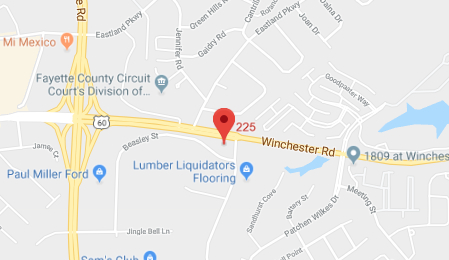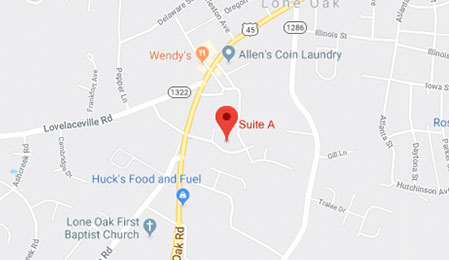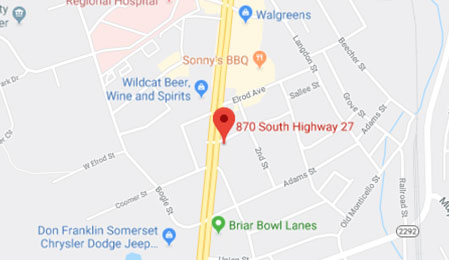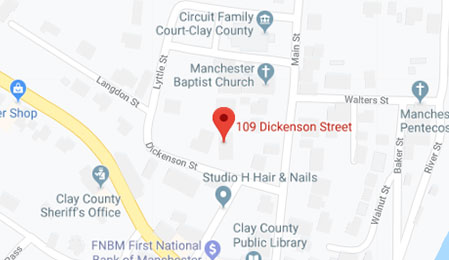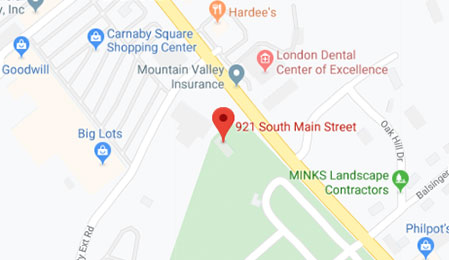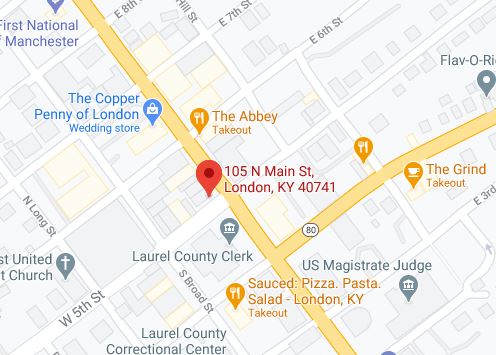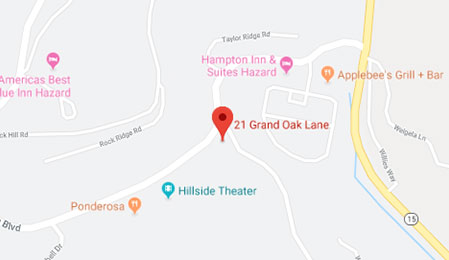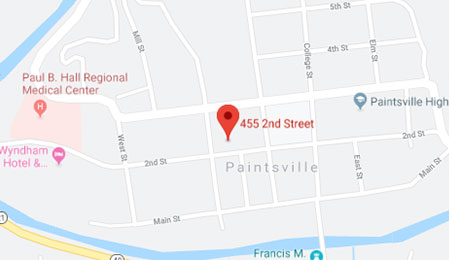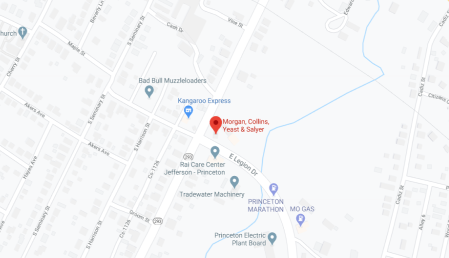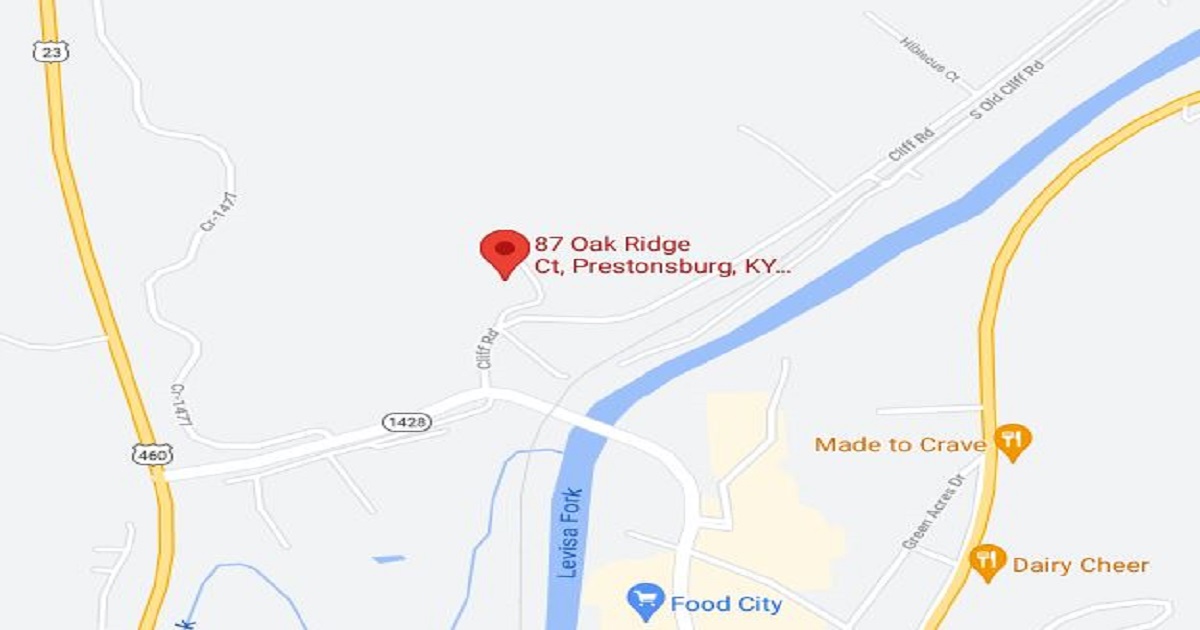
Arthritis-related medical conditions such as degenerative disc disease or degenerative joint disease can really affect an employee’s ability to do their job and may even prevent some people from continuing to work.
Not all employers or their insurance companies, however, are automatically willing to pay workers’ compensation benefits for degenerative disc disease or degenerative joint disease. Instead of agreeing to degenerative disc disease settlements, they might insist that the conditions are the natural result of the aging process or were insufficiently job-connected.
The truth is that job-related activities can certainly aggravate arthritic conditions. Repetitive motion, for example, is a risk that can lead to degenerative disc disease and degenerative joint disease.
Morgan, Collins, Yeast & Salyer has the Kentucky Courage it takes to stand up for workers who have suffered job-related degenerative disc or joint disease. We want to help you get the benefits you deserve.
Contact the experienced and dedicated workers’ compensation lawyers at Morgan, Collins, Yeast & Salyer today to learn more about your legal rights and options. The consultation is free.
What Is Degenerative Disc Disease?
Degenerative disc disease is a condition that develops when the discs in the spine begin to wear down and cause pain in the back or neck in between the shoulder blades. Arthritis in the spine may not always produce symptoms. When symptoms emerge, they usually involve stiffness and soreness that can be treated with heat or ice at first.
Some people develop degenerative disc disease simply because spinal discs have worn out, and discs become less able to absorb shock. Cracks or tears in the outer walls of spinal discs can occur that cause degenerated discs and create a possible risk of slipped or herniated discs.
What Is Degenerative Joint Disease?
Degenerative joint disease is also known as osteoarthritis and occurs when the cartilage in the joints begins to deteriorate. It is most common in the knees, hands, hips, and spine.
Pain in the affected joints is the most common symptom of degenerative joint disease. There could also be stiffness or tenderness in these areas. Some people could also experience a loss of flexibility, while others may experience swelling from inflamed tissue around a joint.
Types of Work Injuries That Aggravate These Conditions
Jobs that most often make employees more susceptible to degenerative disc disease or degenerative joint disease primarily involve physical labor such as repeated heavy lifting, twisting, or turning that puts pressure on spinal discs and joints. Preexisting arthritis can also increase the likelihood of suffering degenerative disc disease or osteoarthritis.
One-off accidents on the job can also lead to degenerative disc disease or degenerative joint disease, especially neck or back injuries.
Osteoarthritis compensation claims are more likely to be granted without a legal fight when they are the result of a workplace accident than when they arise over time. Each injury is nuanced, necessitating guidance from a skilled workers’ compensation lawyer.
What You Need to Know about Degenerative Disc Disease and Workers’ Compensation
Workers’ compensation allows employees to recover benefits for injuries that are work-related regardless of fault.
Workers’ compensation claims can become more complicated when degenerative disc disease or degenerative joint disease aggravates a prior condition. In that context, some employers may try to argue that the injury is not sufficiently work-related.
Degenerative disc disease and degenerative joint disease can pose challenges when it comes to applying for workers’ compensation benefits. With that in mind, quickly seeking guidance from an experienced workers’ compensation lawyer is the best idea.
Can You Get Social Security Disability for Degenerative Disc Disease?
Degenerative disc disease and degenerative joint disease are conditions listed in the Social Security Blue Book. This Social Security Administration (SSA) publication outlines the benefits qualification process,
Degenerative disc disease correlates to disorders of the spine under Section 1.04. Degenerative joint disease could qualify under either disorders of the spine under Section 1.04 or major dysfunction of the joint under Section 1.02.
Obtaining Social Security benefits for degenerative disc disease and degenerative joint disease can be complicated because the SSA requires significant proof of injury. Social Security disability often requires a very lengthy medical record history that demonstrates worsening symptoms. The Social Security Disability attorneys at Morgan, Collins, Yeast & Salyer can help you apply for benefits or assist you in filing an appeal if you were denied.
Symptoms of Degenerative Disc Disease
Pain is the most common symptom of degenerative disc disease. Pain could occur in the lower back or thighs, or it could be found in the neck and extend all the way to the arms. The pain may get worse when someone bends, lifts, or twists. It could also lessen by changing position or laying down.
Other symptoms include numbness or weakness in the extremities. Some people could also feel that their back is giving out and is incapable of providing support.
Treatment for Degenerative Disc Disease
Surgery may be needed for the removal and replacement of affected discs or joints in cases that don’t respond to other treatments. Nonsurgical treatment often involves medications, including nonsteroidal anti-inflammatory drugs, prescription pain relievers, muscle relaxants, and corticosteroids.
In other cases, chiropractic or physical therapy could be used to help strengthen certain joints or muscles and reduce painful flare-ups. Basic weight loss and other lifestyle modifications could also be helpful in treating spinal conditions.
Can I Be Compensated For a Degenerative Disc Disease?
No, workers’ comp laws state that injuries that are caused by aging are not covered. There is, however, an exception to this rule when a disease or disability that began as a result of an occupational injury causes the individual to experience pain when aging and not as a result of a direct workplace injury. In that case, the medical conditions must be compensated by workers’ comp.
If you suffered a workplace injury that began as a result of an aging disease, such as a heart attack, then you may be entitled to permanent disability benefits or partial disability payments to cover medical expenses and lost income. The law provides that disability benefits shall be paid only if the worker has had a “treating medical impairment” that is a result of the occupational injury. This is usually diagnosed by the doctor who treated you after you sustained the work-related injury. The doctor will also determine the percentage of your disability that is related to your workplace injury and assign that percentage to the disability that is due to your aging disease.
Talk to a Kentucky Workers’ Compensation Lawyer Now
Degenerative disc disease and degenerative joint disease are complex conditions that, apart from health issues, can also result in legal roadblocks. Accessing workers’ compensation or other forms of financial support for a condition keeping you out of work should always be obtainable for hard-working Kentuckians.
Morgan, Collins, Yeast & Salyer is prepared to handle your workers’ comp or Social Security disability claim in the most efficient and professional way possible.
Our firm abides by our Kentucky Courage motto to stand up for the rights of claimants throughout the state. Our aggressive team is not afraid to take on the biggest insurance companies and do whatever is legally necessary to make sure that you are properly compensated if you are diagnosed with degenerative disc disease or degenerative joint disease.
Call us or contact us online to schedule a free consultation.








